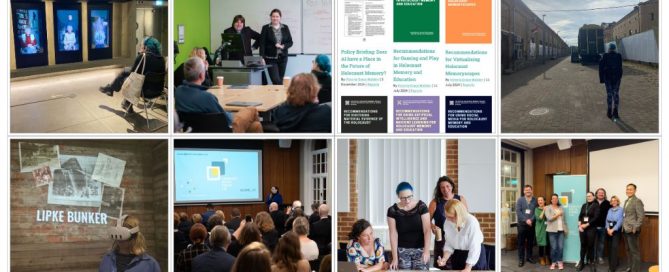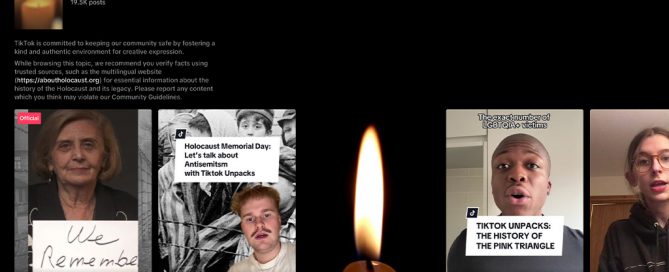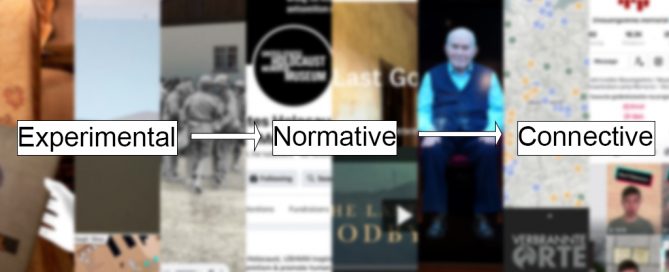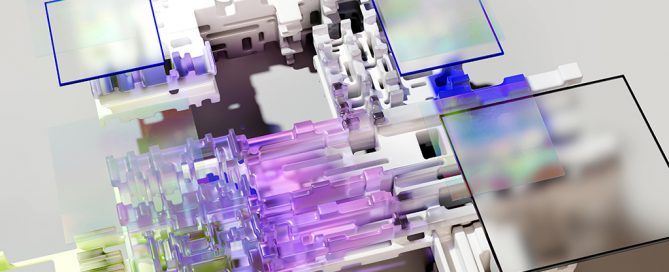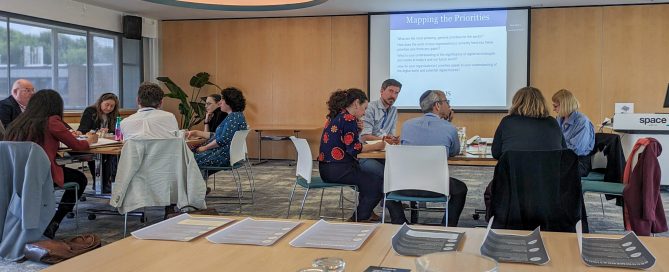2024: A Year in Review
By Prof. Victoria Grace Richardson-Walden The year 2024 will be unforgettable to us, as the year we launched the Landecker Digital Memory Lab. We look back at what we’ve achieved. It was at a public lecture held at the Melbourne Holocaust Museum in April that we were finally able to announce the Landecker Digital Memory Lab was coming into existence. Since then, we’ve been non-stop! My two-week residential at the museum also included co-hosting a symposium on ‘Preserving Truth in the Digital Age’ and led to us confirming the Melbourne Holocaust Museum as an official project partner. We’re looking forward to collaborating with them further. Read our ‘Spotlight’ piece on the museum to find out more about their digital work past and present. The Melbourne trip was followed in September by further fieldwork in Riga, Latvia at the Žanis Lipke Memorial where we explored their use of VR. Engagement with intergovernmental organisations, policymakers and funders was a dominant thread of our first few months, particularly with the hype about ‘AI’. In June, we hosted the workshop ‘Policy and Funding Sustainable Interventions in Digital Holocaust Memory and Education’ together with the Holocaust and the United Nations Outreach Programme. The event was attended by [...]
